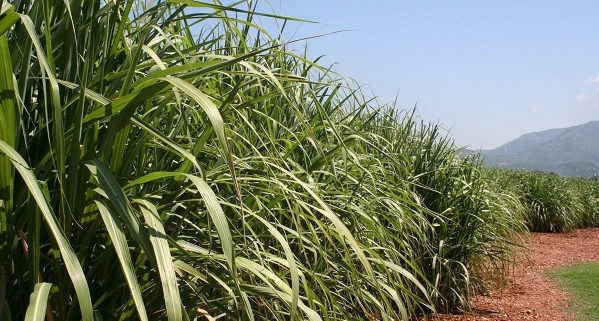Get it right the first time – African Farming
Nonhlanhla Gumede-Shabalala is a dynamic, hands-on female farmer in the sugar cane industry. Lindiwe Sithole, host of African Farming Season 2, visits her in the Eastern Cape and finds that she has an incredible success story to share.
Nonhlanhla Gumede-Shabalala left her corporate job in the banking industry in 2010 to assist her father when he was battling during a drought. “Within five years, she not only helped her father succeed, she also gained the confidence to follow her dream of farming.”
Today Gumede-Shabalala owns her own successful sugar cane farm. She actively helps her other family members to learn more about farming, as they all joined the business. “Mahlakaniphana, her father, describes her as resilient and passionate,” Sithole says. “This is huge compliment for a woman in this industry.”
Every year, farmers have an opportunity to choose new agricultural strategies to help them make a decent profit from the land. Still, farming is a risky business to begin with, and sugar cane farming in South Africa is especially challenging because this industry relies heavily on hard labour.
Gumede-Shabalala knows this, but she is not scared of getting her hands dirty. “It is a hands-on job, but I believe I can do it. I love to get down and dirty, and learn new things every day.”
According to the South African Sugar Association, the R16 billion South African sugar industry is cost-competitive, consistently ranking among the top 15 out of approximately 120 sugar producing countries worldwide.
Albert Coetzee, Export Director of Rovic Africa, says the industry is popular but production stagnated in the last couple of years. “A sugar cane farmer needs a lot of capital and expertise to make it in this competitive industry. At least there is no shortage of demand for sugar cane products – in fact, South Africa is even a net importer of sugar,” he says.
He believes it all comes down to planning. “It is essential to do good land preparation in the beginning, as the replanting cycle for sugar cane is up to eight years. If a farmer makes a mistake in land preparation, it will have a negative impact on his or her yields for the next eight years. That is why these farmers need to do it right the first time.”
Coetzee adds that the production of sugar cane is labour-intensive, especially in this country. “Our farmers have a lack of funds to start out with the right equipment, and thus have to rely more strongly on labourers.” He believes farming is a long-term project, but with a lot of hard work and dedication, farmers can still succeed.




Leave a Reply
Want to join the discussion?Feel free to contribute!